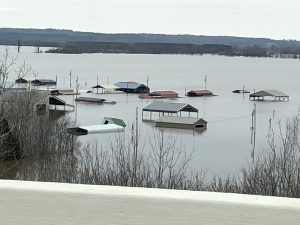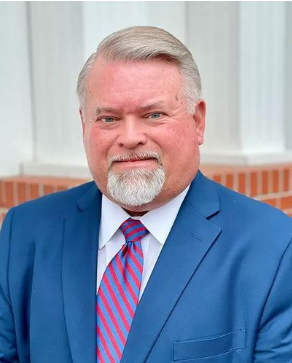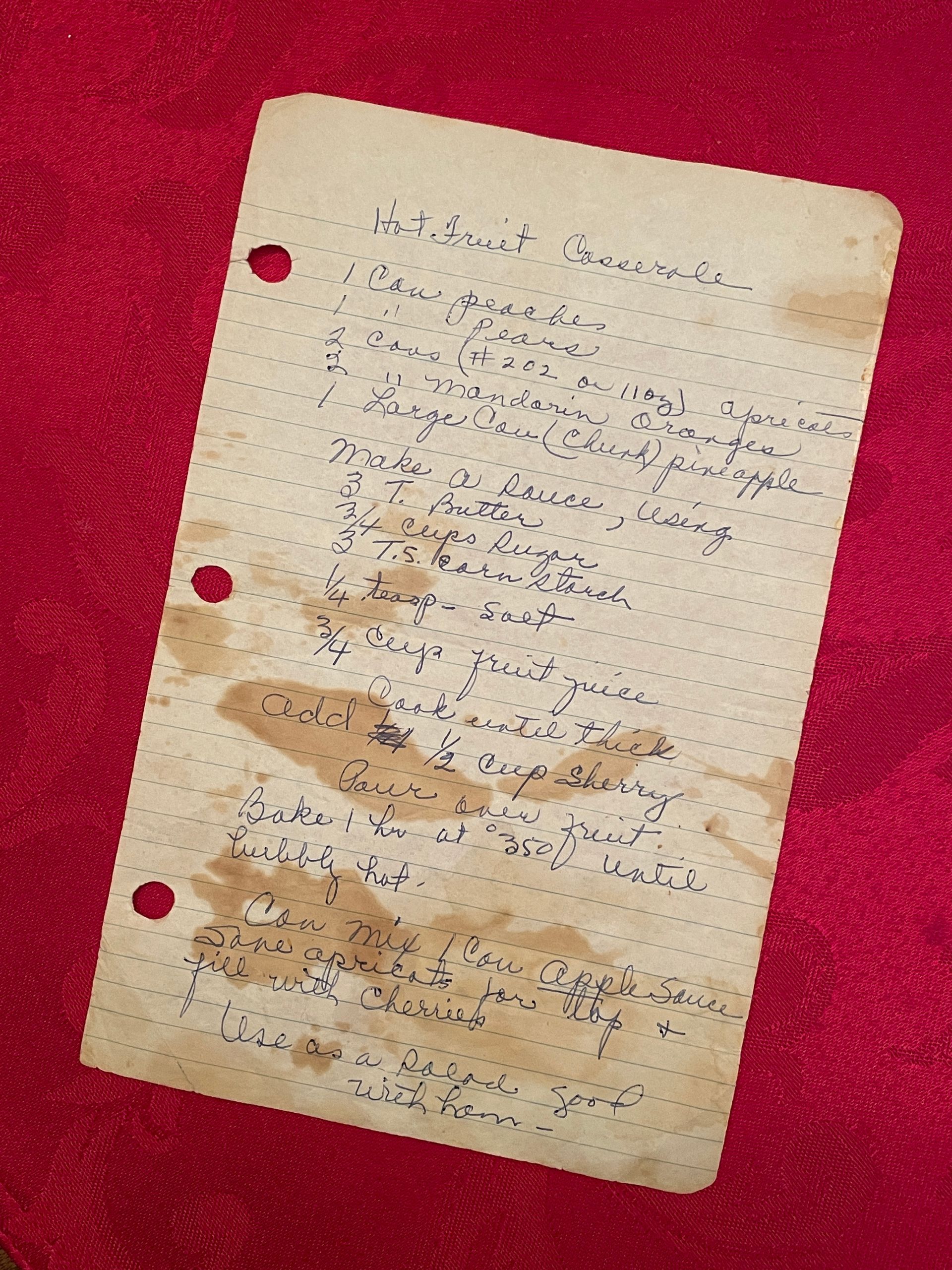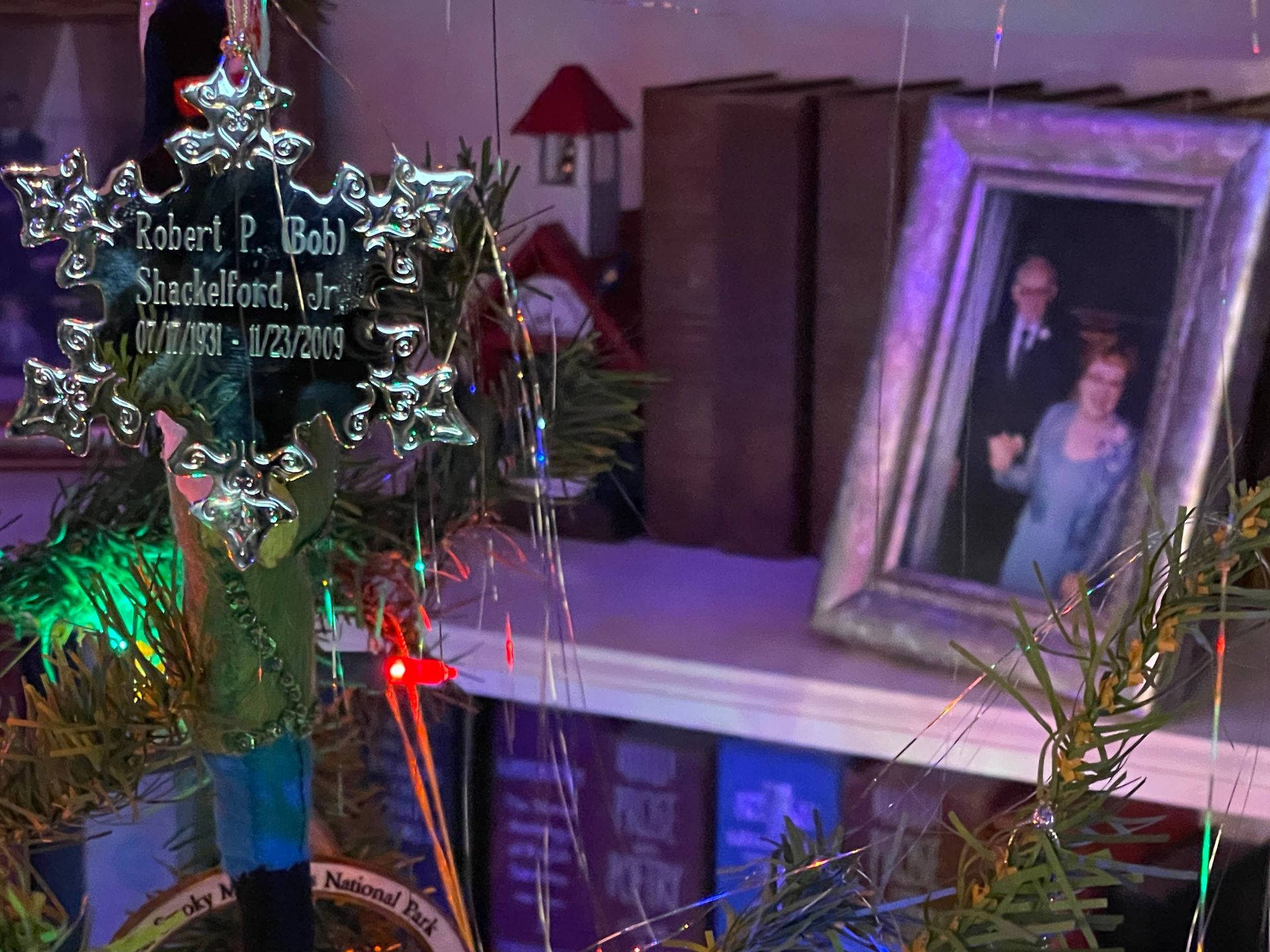In Anticipation

Slightly less than a year ago, in February of 2019, the Tennessee River laid claim to Hardin County. Families lost their homes and everything they owned and the devastation to our area was beyond description.
Now, less than a year later, Mother Nature is at it again. Homes are underwater, cherished possessions are damaged beyond repair . . . and now a section of one of our county roads is impassable—not because it’s submerged but because it simply isn’t there anymore, its foundation having been washed away. Just down from that missing patch of asphalt, two houses collapsed for the same reason. Fortunately, at this point, no lives have been lost and the flooding has not been as widespread as it was in 2019. But Mother Nature isn’t finished yet—there is still more rain to come.
On October 26 th of last year, the eye wall of a tropical storm gifted us with equal but different devastation, uprooting thousands of trees that were decades old, damaging homes and other property and, in one instance, ending a life. We still have not recovered completely from its aftermath, and the land will be forever changed because of it.
What do each of these events have to do with the other? For the events themselves, very little, save for the amount of destruction involved. But for the people afflicted? For them, these events are forever linked.
I’m sure as those affected by last year’s flooding watched the river rising again, their hearts sank. They knew. They knew what was coming. And they knew there was absolutely nothing they could do to prevent it. They would take what they could, move from the river’s reach, and wait. All they could do was wait . . . and grieve over the coming loss.
On October 26 th , I was in a cabin listening to the wind howl and the trees fall around me. I had never been afraid in a storm before—and I wasn’t then because I didn’t have a clue as to how severe the storm was . . . or how dangerous. But now? Now when the wind picks up and the trees begin to bend with each gust, anxiety rears its ugly head. I remember that day months earlier. I remember the before and the after and how we’re still cleaning up the mess. And I’m not the only one who remembers . . . or whose heart beats a little faster or whose stomach begins to churn when a storm settles in. Those who lost their homes wonder what they will lose this time. Those who lost someone they loved will be taken back to that terrible day—a day that began so beautifully and ended so tragically.
We often take the term grief and confine its use to loss brought about by Death. And we look at anticipatory grief—grief brought about by fear of the coming loss, rather than the actual loss—and again link its existence to Death. But loss is loss and any type of loss or the anticipation of that loss can open the door to grief. True, there are degrees of loss and degrees of grief, and the loss of a human life far outweighs the loss of material possessions. But no matter the type, there is still grief and there must still be coping and adjustment—but probably not recovery. You see, it’s almost impossible to recover from any kind of loss when the world keeps reminding us it can always happen again.
About the author: Lisa Shackelford Thomas is a fourth generation member of a family that’s been in funeral service since 1926. She has been employed at Shackelford Funeral Directors in Savannah, Tennessee for over 40 years and currently serves as the manager there. Any opinions expressed here are hers and hers alone, and may or may not reflect the opinions of other Shackelford family members or staff.
The post In Anticipation appeared first on Shackelford Funeral Directors | Blog.







A Year of Grief Support
Sign up for one year of weekly grief messages designed to provide strength and comfort during this challenging time.
Please wait
Verifying your email address
Please wait
Unsubscribing your email address
You have been unsubscribed
You will no longer receive messages from our email mailing list.
You have been subscribed
Your email address has successfully been added to our mailing list.
Something went wrong
There was an error verifying your email address. Please try again later, or re-subscribe.





